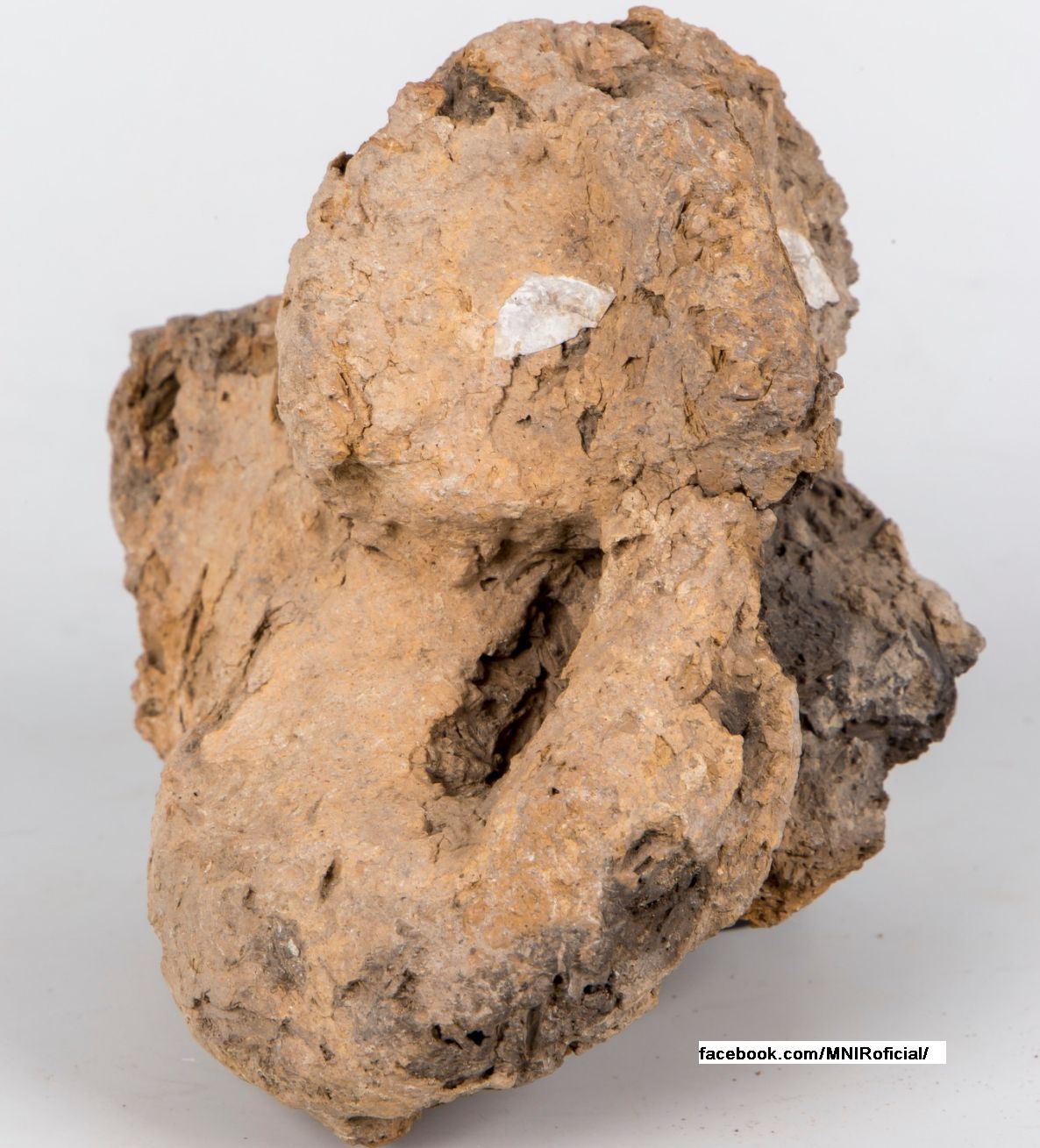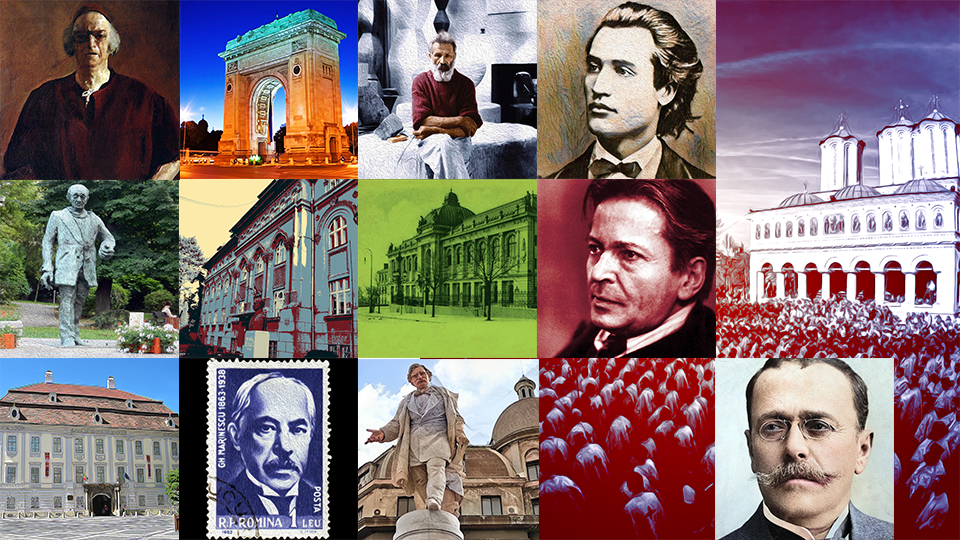Poet Ștefan Augustin Doinaș
By his real name Ștefan Popa, Doinaș was born on April 26, 1922 in Arad County.

Steliu Lambru, 12.06.2022, 14:00
The poet, translator, essayist, academician, and politician Ștefan Augustin Doinaș, whose 100th birthday anniversary is marked this year, is known to high school students and the Romanian cultural public thanks to the poem The boar with silver fangs. The poem was a subject of study in the Romanian language and literature textbook for the 12th grade and was popularized in the 1970s by the Flacăra literary circle.
By his real name Ștefan Popa, Doinaș was born on April 26, 1922 in Arad County, in a wealthy family, and died on May 25, 2002 in Bucharest, at the age of 80. He went to high school in Arad and became acquainted with the works of important Romanian writers of the 19th and 20th centuries such as Vasile Alecsandri, Dimitrie Bolintineanu, Mihai Eminescu, Tudor Arghezi and with the works of French poets such as Stephane Mallarmé and Paul Valéry. In 1941 he went to Sibiu to study medicine at the University of Cluj, which was transferred there, after in 1940, Northern Transylvania had been ceded to Hungary. He gave up medicine to study Philology and Philosophy, a faculty he graduated in 1948.
Between 1948 and 1955 he was a Romanian language teacher and in the same year 1955 he gave up teaching and settled in Bucharest. In 1956 he joined the Teatru magazine, a theater criticism magazine. In 1957, after being sentenced to one year in prison, he was fired and banned from publishing until 1963. After his release, he managed to join the Lumea magazine following the intervention of George Ivașcu, an influential cultural personality. In 1969 he moved to the literary magazine Secolul 20, one of the most important Romanian literary magazines, a magazine to which he was linked until the end of his life. From 1964 to 2000 he published 13 volumes of poetry on existentialist themes. His work also includes six volumes of literary criticism and essays, two volumes of children’s literature, a theater play and a volume of prose.
Paying homage to his personality, the poet and literary historian Ion Pop has showed that the style of Ștefan Augustin Doinaș is one in which a poetic language can be conceived by combining two opposite trends: the rigor of exact sciences and the freedom of a rule-free game.
Ion Pop: “At a first glance, the poetry of Ștefan Augustin Doinaș seems very far from the world of games, being considered by many as a space for free activities, in contrast with the existential seriousness. Doinaș is also a refined word craftsman, and his image, engraved from the beginning in the reader’s memory, is that of an author of poems written according to the classical rigors, controlled intellectually in a strict manner. He is ‘the man with a pair of compasses as the title of one of his important books goes.
Doinaș was also a renowned translator and had 30 volumes of translated poetry published. Doinaș translated two masterpieces of world literature, Dr Faustus by Johann Wolfgang Goethe and Friedrich Nietzsches Thus Spake Zarathustra. Both translations have been rated as monuments recreating into Romanian two masterpieces. Also, the works of Doinaș were translated into 10 European languages, including English, German, Italian and Spanish. In recognition of the authenticity and value of his work, Doinaș joined the Romanian Academy in 1992.
Doinaș was part of a generation of Romanians traumatized by the communist regime. He suffered a lot from the very establishment of the regime, in the late 1940s, when his parents were declared kulaks – prosperous peasants who were exploiting the poor peasants, according to the Marxist-Leninist ideology. In 1957, a big change occurred in his life. After Stalins death in 1953, Doinaș, just like most Romanians, was expecting big changes to occur in Romania, but they never came. After the repression of the anti-communist revolution in Hungary, in 1956, on February 3, 1957 he was arrested and sentenced to one year in prison for failure to report a crime. Writer Marcel Petrișor had visited him, had told him about the anti-communist revolution in Hungary and about the Romanians possible solidarity with the changes occurring there.
Arrested and tortured, Petrișor had confessed to the investigators with whom he had spoken about the events in the neighboring country. However, after 1989, it was found out that the political detainee Ștefan Augustin Doinaș, himself a victim of a denunciation, had, in turn, been an informer himself. Two writers, Ion Caraion and Ion Omescu, were arrested in 1957, also in the aftermath of the Hungarian anti-communist revolution. Caraion and Omescu faced prison sentences, with Doinaș being the witness of the prosecution. Doinaș was released from prison after one year, on April 8, 1958. He married Romanian Opera House ballerina Irinel Liciu, and had a 44-year long marriage. Just like in a Shakespearean tragedy, a couple of hours after Doinaș died, Irinel Liciu took her own life, swallowing an entire box of sleeping pills.
Ștefan Augustin Doinaș was also a politician. After 1989, he wrote dozens of virulent anti-communist articles and enrolled in the Civic Alliance Party. Between 1993 and 1996, Doinaș was a senator. (LS, EN)





























